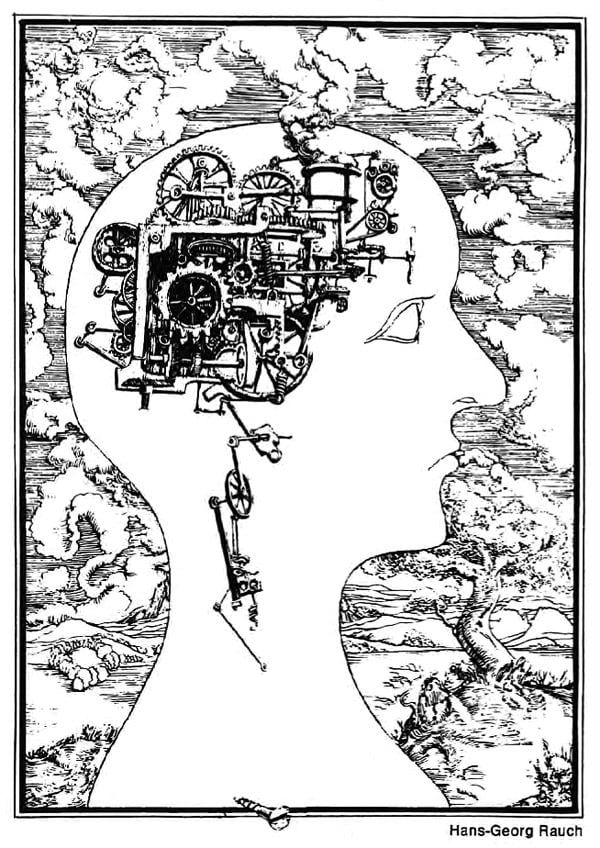
The history of hockey is more or less the history of hockey violence, and almost from the beginning, violence — and occasionally even death — was treated as a necessary component of the sport. In 1862, just as hockey crawled out of its own primordial soup, a letter was published in Toronto’s Globe newspaper complaining of stick-wielding players harassing skaters on the frozen Don River. Later, with the advent of elite leagues and trophies and salaried players in the early 20th century, violence became commonplace. It degenerated to such a level that in 1904 the Ontario Hockey Association president, John Ross Robertson, cautioned, “We must call a halt to slashing and slugging and insist upon clean hockey … before we have to call in a coroner to visit our rinks.” —School of Fight: Learning to Brawl with the Hockey Goons of Tomorrow,” Jake Bogoch, Deadspin
Kiss the ring of the “Pope of Trash”;
six minutes the one-time don of Katipunan;
two minutes with roasted pigs dressed as Zorro
The Internet is an interruption system. It seizes our attention only to scramble it. There’s the problem of hypertext and the many different kinds of media coming at us simultaneously. There’s also the fact that numerous studies—including one that tracked eye movement, one that surveyed people, and even one that examined the habits displayed by users of two academic databases—show that we start to read faster and less thoroughly as soon as we go online. Plus, the Internet has a hundred ways of distracting us from our onscreen reading. Most email applications check automatically for new messages every five or 10 minutes, and people routinely click the Check for New Mail button even more frequently. Office workers often glance at their inbox 30 to 40 times an hour. Since each glance breaks our concentration and burdens our working memory, the cognitive penalty can be severe. —“The Web Shatters Focus, Rewires Brains,” Nicholas Carr, Wired
Kids! No throwing tarballs on the beach!;
or else you won’t get to eat your nanodesserts;
and you won’t get that bureau chief job I promised you
He adds that Foxconn workers never have to clean toilets — after all, factory cleaners do that. Of course, there may be tragic incidents affecting the company’s 420,000 workers in Shenzhen, he says. People suffer personal problems, heartache, home sickness, unfamiliar food flavors. “Or illnesses of the spirit,” Liu says, raising his finger. One worker who recently threw himself off the balcony suffered from a persecution complex, he says, adding that the current workforce, which are mostly just over 20, are more vulnerable than that of previous generations. —“iPad Factor in the Firing Line: Worker Suicides have Electronics Maker Uneasy in China,” Wieland Wagner, Der Spiegel
Immigrants as comic book heroes, literally;
what was once called “going postal,” now called “going porno”?
Happy Days in Afghanistan


